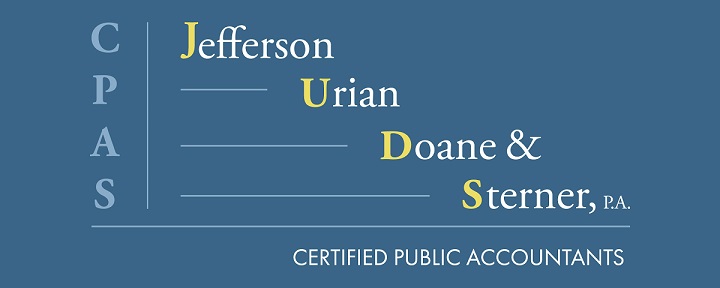Retirement account catch-up contributions can add up

If you’re age 50 or older, you can probably make extra “catch-up” contributions to your tax-favored retirement account(s). It is worth the trouble? Yes! Here are the rules of the road.
The deal with IRAs
Eligible taxpayers can make extra catch-up contributions of up to $1,000 annually to a traditional or Roth IRA. If you’ll be 50 or older as of December 31, 2023, you can make a catch-up contribution for the 2023 tax year by April 15, 2024.
Extra deductible contributions to a traditional IRA create tax savings, but your deduction may be limited if you (or your spouse) are covered by a retirement plan at work and your income exceeds certain levels.
Extra contributions to Roth IRAs don’t generate any up-front tax savings, but you can take federal-income-tax-free qualified withdrawals after age 59½. There are also income limits on Roth contributions.
Higher-income individuals can make extra nondeductible traditional IRA contributions and benefit from the tax-deferred earnings advantage.
How company plans stack up
You also have to be age 50 or older to make extra salary-reduction catch-up contributions to an employer 401(k), 403(b), or 457 retirement plan — assuming the plan allows them and you signed up. You can make extra contributions of up to $7,500 to these accounts for 2023. Check with your human resources department to see how to sign up for extra contributions.
Salary-reduction contributions are subtracted from your taxable wages, so you effectively get a federal income tax deduction. You can use the resulting tax savings to help pay for part of your extra catch-up contribution, or you can set the tax savings aside in a taxable retirement savings account to further increase your retirement wealth.
Tally the amounts
Here’s the proof of how much you can accumulate.
IRAs
Let’s say you’re age 50 and you contribute an extra $1,000 catch-up contribution to your IRA this year and then do the same for the following 15 years. Here’s how much extra you could have in your IRA by age 65 (rounded to the nearest $1,000).
|
4% Annual Return |
6% Annual Return |
8% Annual Return |
|
$22,000 |
$26,000 |
$30,000 |
Remember: Making larger deductible contributions to a traditional IRA can also lower your tax bills. Making additional contributions to a Roth IRA won’t, but you can take more tax-free withdrawals later in life.
Company plans
Say you’ll turn age 50 next year. You contribute an extra $7,500 to your company plan next year. Then, you do the same for the next 15 years. Here’s how much more you could have in your 401(k), 403(b), or 457 plan account (rounded to the nearest $1,000).
|
4% Annual Return |
6% Annual Return |
8% Annual Return |
|
$164,000 |
$193,000 |
$227,000 |
Again, making larger contributions can also lower your tax bill.
Both IRA and company plans
Finally, let’s say you’ll turn age 50 next year. If you’re eligible, you contribute an extra $1,000 to your IRA for next year plus you make an extra $7,500 contribution to your company plan. Then, you do the same for the next 15 years. Here’s how much extra you could have in the two accounts combined (rounded to the nearest $1,000).
|
4% Annual Return |
6% Annual Return |
8% Annual Return |
|
$186,000 |
$219,000 |
$257,000 |
Make retirement more golden
As you can see, making extra catch-up contributions can add up to some pretty big numbers by the time you retire. If your spouse can make them too, you can potentially accumulate even more. Contact us if you have questions or want more information.
© 2023









